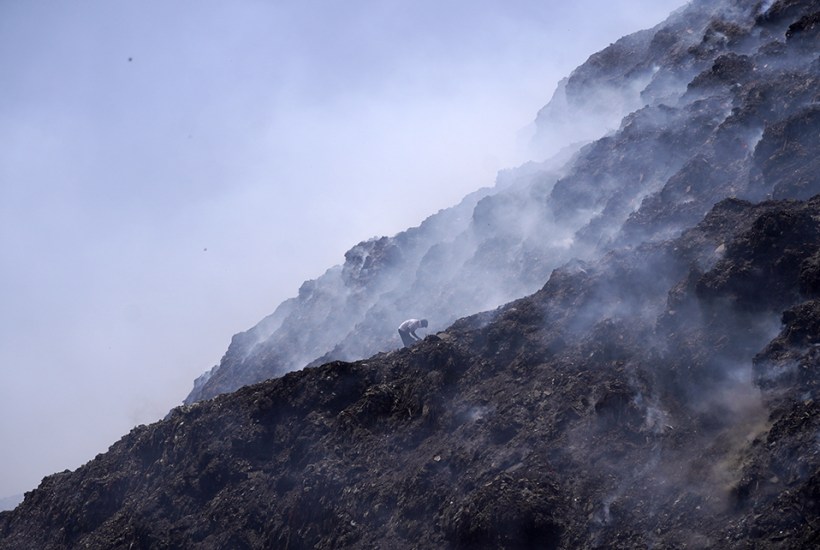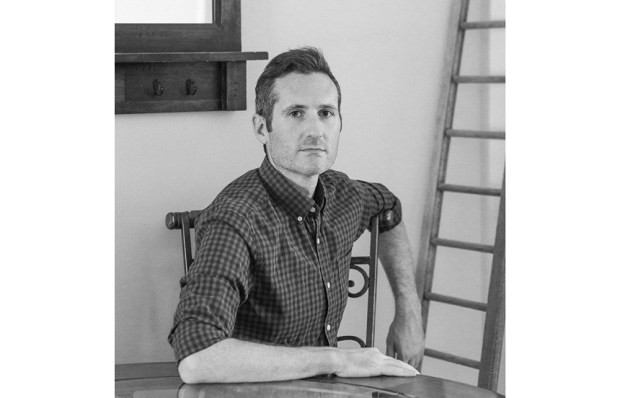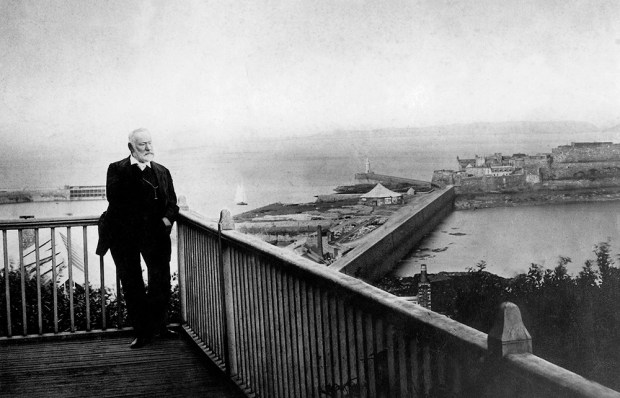Above a foul towering dump in Delhi a cloud of vultures and Siberian black kites fly in hope, ‘careening over the mountainside like some dreadful murmuration’. Here some of the world’s million waste pickers stash water bottles along their route, ‘like climbers making camp’. Oliver Franklin-Wallis concedes that his subject – the dirty truth of what happens to our rubbish – is not appealing.
Already a subscriber? Log in
Subscribe for just $2 a week
Try a month of The Spectator Australia absolutely free and without commitment. Not only that but – if you choose to continue – you’ll pay just $2 a week for your first year.
- Unlimited access to spectator.com.au and app
- The weekly edition on the Spectator Australia app
- Spectator podcasts and newsletters
- Full access to spectator.co.uk
Or
Unlock this article
You might disagree with half of it, but you’ll enjoy reading all of it. Try your first month for free, then just $2 a week for the remainder of your first year.














Comments
Don't miss out
Join the conversation with other Spectator Australia readers. Subscribe to leave a comment.
SUBSCRIBEAlready a subscriber? Log in